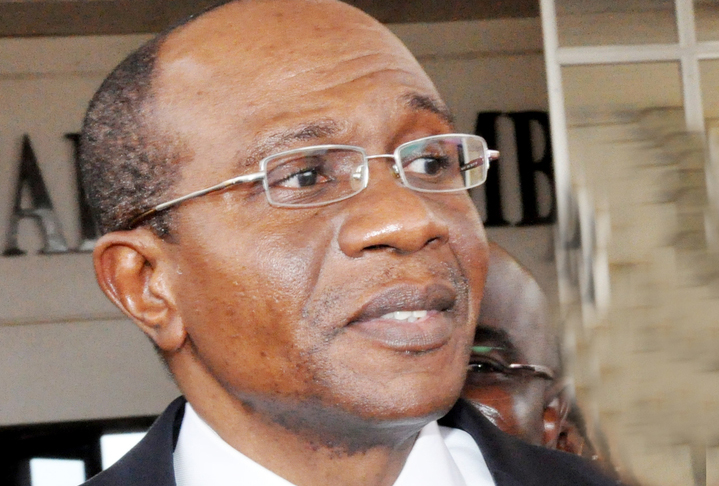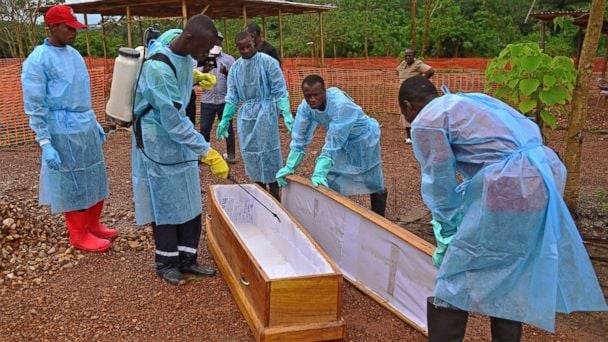After months of battling the scourge of the highly-contagious Ebola Virus Disease, Nigeria has been declared free of the hemorrhagic fever that has killed more than 2,800 people across West Africa.
Minister of health, Professor Onyebuchi Chukwu, made the confirmation on Wednesday while speaking with Forbes ahead of a United Nations General Assembly meeting in New York.
“Presently, there is no single case of Ebola virus disease in Nigeria – none,” he said.
“No cases are under treatment, no suspected cases. There are no contacts in Lagos that are still under surveillance, having completed a minimum of 21 days of observation.”
Advertisement
The first case of the virus in Nigeria was recorded when Patrick Sawyer, a Liberian-American arrived the country from Liberia on July 20.
Though seven Nigerians lost their lives to Ebola, almost that number of people equally recovered from it.
Similarly, Dan Nwomeh, special adviser to the minister of health on media on communication, corroborated the minister’s statement in that regard.
Advertisement
“Remaining 25 Ebola contacts in Nigeria located in Port Harcourt area have been discharged from surveillance,” he said via his Twitter account.
“Nigeria no longer has any Ebola contacts under surveillance. All contacts have completed 21 days of observation.”
The World Health Organisation (WHO) and other international organizations have commended the Nigerian government for succeeding in preventing the disease from escalating into an epidemic.
Ever-since the outbreak of the virus in Feburary, an estimated 5, 864 people have contracted particularly in Liberia, Sierra Leone and Guinea, the worst-hit countries.
Advertisement
Though Nigeria and Senegal have succeeded in containing the virus, the Democratic Republic of Congo presently has about a dozen cases.
The United States Centre for Disease Control and Prevention (CDC) projected that between 550,000 and 1.4 million people stand the risk of contracting the disease in West Africa by January.
Advertisement







